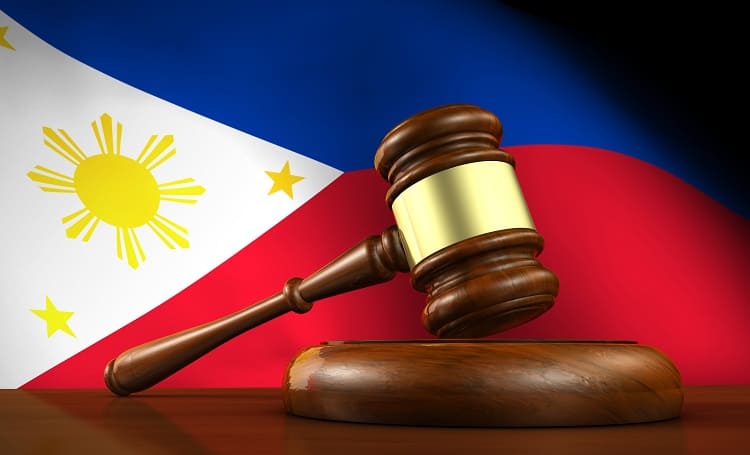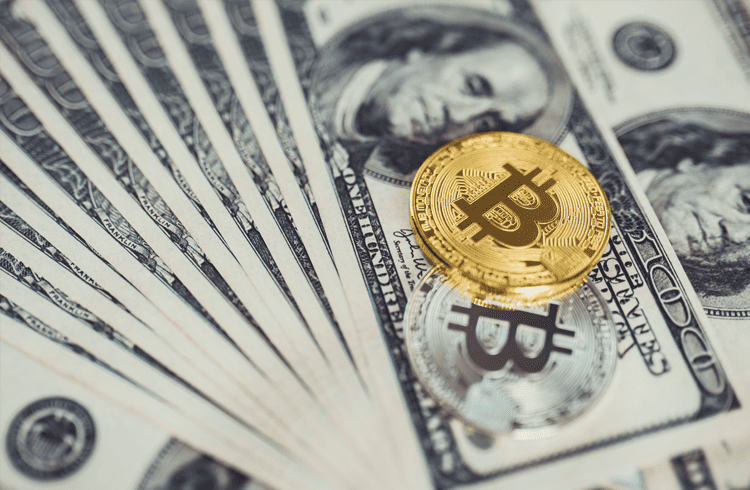SEC Moves to Legalize ICOs, Treat Cryptocurrency as Securities
Seeing the growing demand for cryptocurrency in the Philippines, the government considers applying existing laws on ICOs and virtual currencies.

Securities are tradable assets that hold a monetary value. That stock you invested in a public company has a monetary value. That value can be Php 1,000 today and Php 3,000 in 5 years. In a way, if you hold bitcoin or any other cryptocurrency, it’s like holding a security because it has an equivalent value in Pesos that changes over time*
Seeing the growing demand for cryptocurrency in the Philippines, key government agencies are now considering steps that can potentially expand the use of digital coins in the country.
Securities and Exchange Commision
The Security and Exchange Commision (SEC) wants to consider Initial Coin Offerings as possible securities. Many companies around the world do Initial Coin Offerings as a way to earn capital. Most of the time, they issue a coin or token in exchange for money or another more popular coin. For example, cryptocurrency firm Quoine issued QASH tokens in exchange for bitcoin and ethereum. The value of the Qash token you have depends on the amount of Bitcoin you used to acquire it. (Read: Quoine Completes Qash ICO)
This is very similar to Initial Public Offerings where companies issue stocks in exchange for money. The value differs. For example, right now, You can get a Jollibee stock for Php 257. Some 3 months ago, it’s Php 259.**
Since ICOs issue coins that have value, the SEC wants to treat them as securities. If it is treated as a security, then the Securities Regulation Code shall be applied. This means that soon in the Philippines, you cannot just launch an Initial Coin Offering without registering with the SEC.
The SEC’s reasoning is the protection of consumers, making sure that companies that issue ICO will not run and keep all the money away and leave the coin owners with worthless digital tokens. And this has happened before.
The Bangko Sentral ng Pilipinas
The BSP has an “engage but not prohibit” approach when it comes to virtual currencies. They issued memorandum circular 944 to discuss this and outlined what virtual currency companies should do and not do. (Read: Philippine Central Bank Cautious But Does Not Prohibit Cryptocurrency Use)
Licenses
BSP has recently granted licenses to two companies (Coins.ph and Satoshi Citadel’s Rebittance Inc) and currently evaluating other applicants. One of them is possibly Appsolutely, whose on track to have an ICO soon. (Read: What is Loyal Coin?)
Calata
Some weeks back, embattled agribusiness Calata unveiled its plan to move its company from the Philippine Stock Exchange into a Cryptocurrency Exchange. It said it will issue Calcoins, which acts as your token of ownership in the Company, and by which you can also use to trade into other coins such as bitcoin and ethereum. It is not known as to how this plan will proceed but Calata has now been officially delisted. It is also enforced by the PSE to settle matters with its shareholders.
The Future of Cryptocurrency in the Country
The Philippines is deemed a bitcoin-friendly company by numerous blockchain media sites. The government is fast in recognizing virtual currencies. It has recently officially licensed two bitcoin companies. There are very few ICOs that we know of in the country right now, with exception of Appsolutely and an earlier virtual coin called Pesobit. How cryptocurrency companies will react to the SEC’s current plans remains to be seen but we will update this article once they had made a comment.
*One key difference is that, while the natural tendency of a stock is to go up or go down over long periods of time, bitcoin’s value is volatile. It wildly goes up or down. This, by extension, also applies to other digital coins.
** You cannot buy 1 stock. Every company has a minimum no. of stocks (or shares) it allows one to buy. For Jollibee, it’s 10 stocks.
Source: Manila Times





